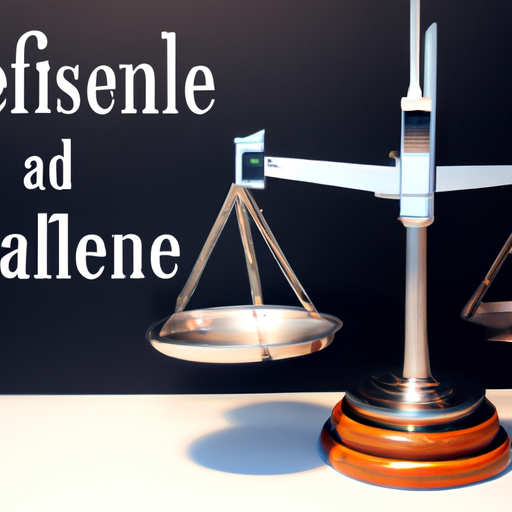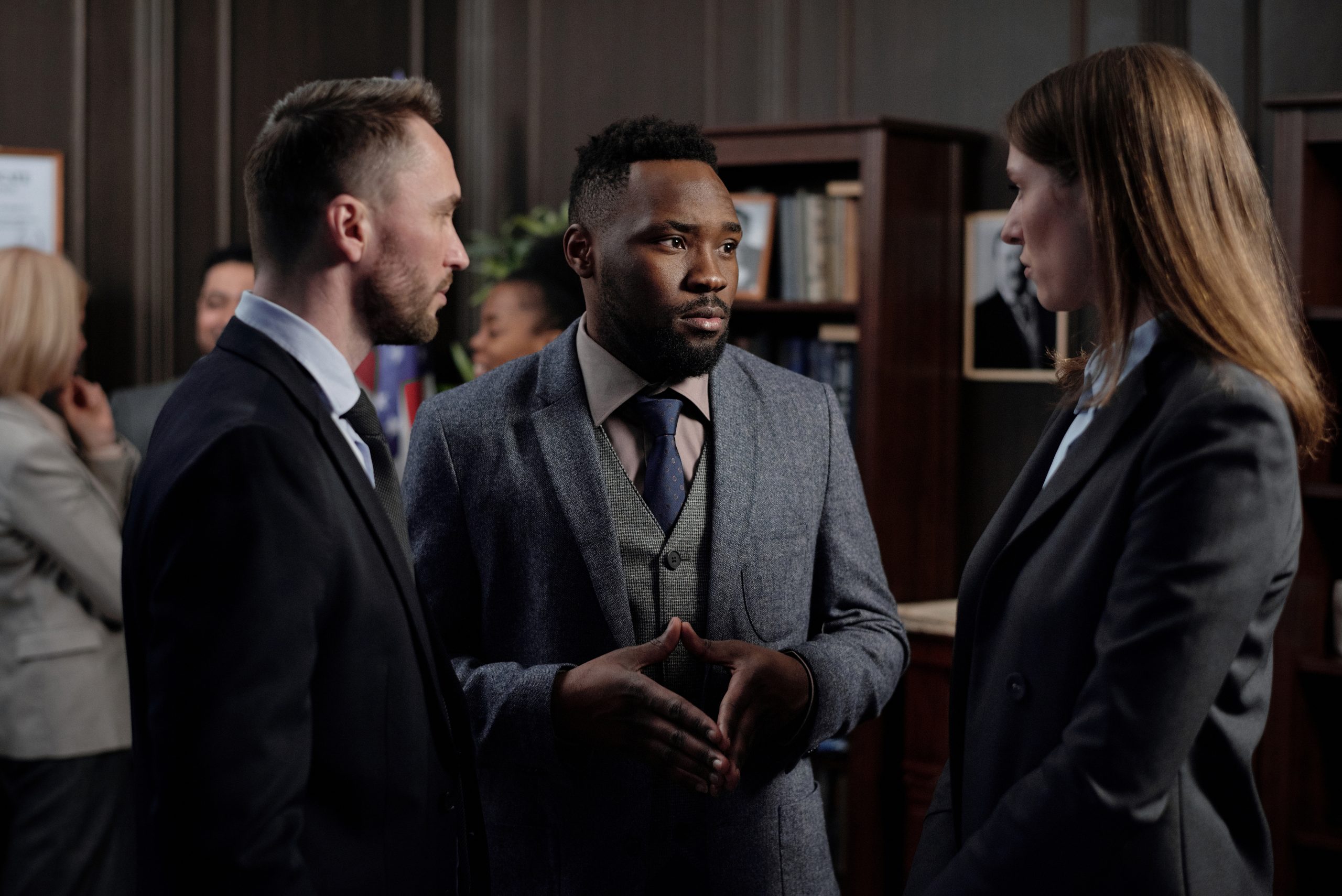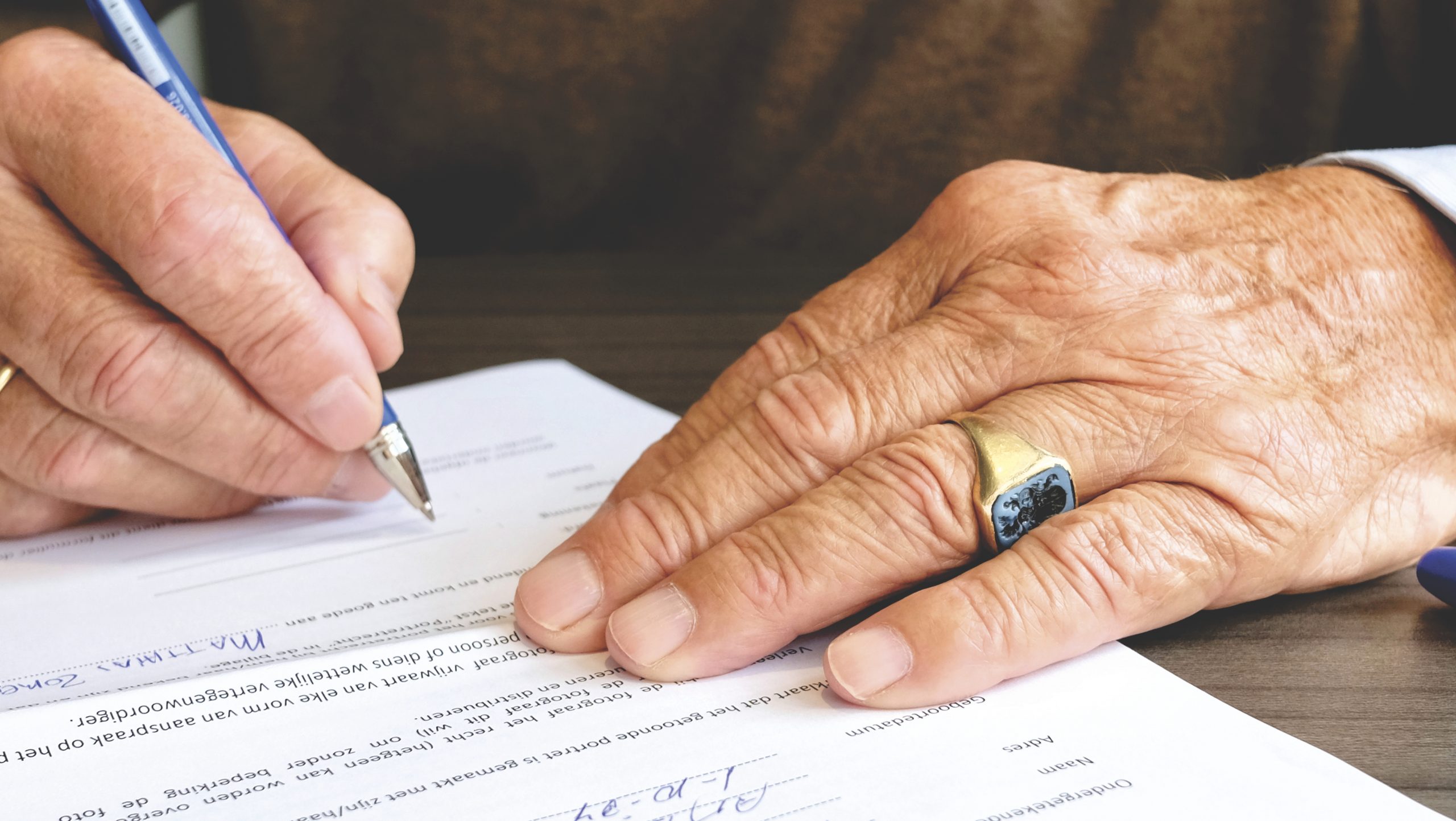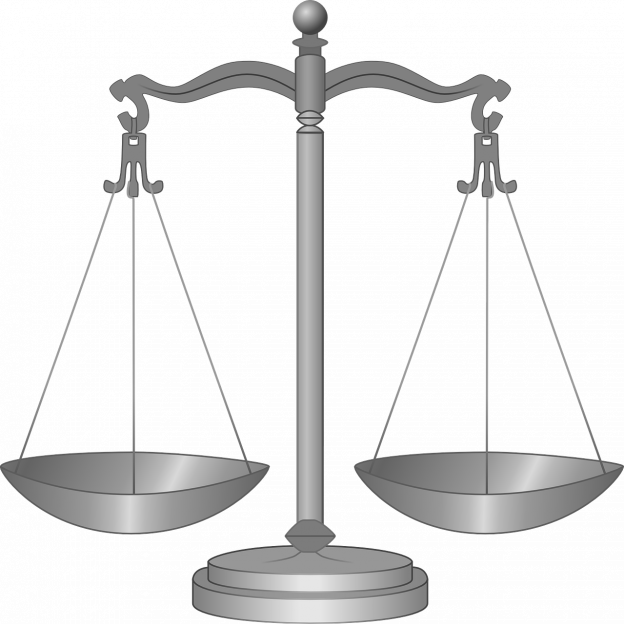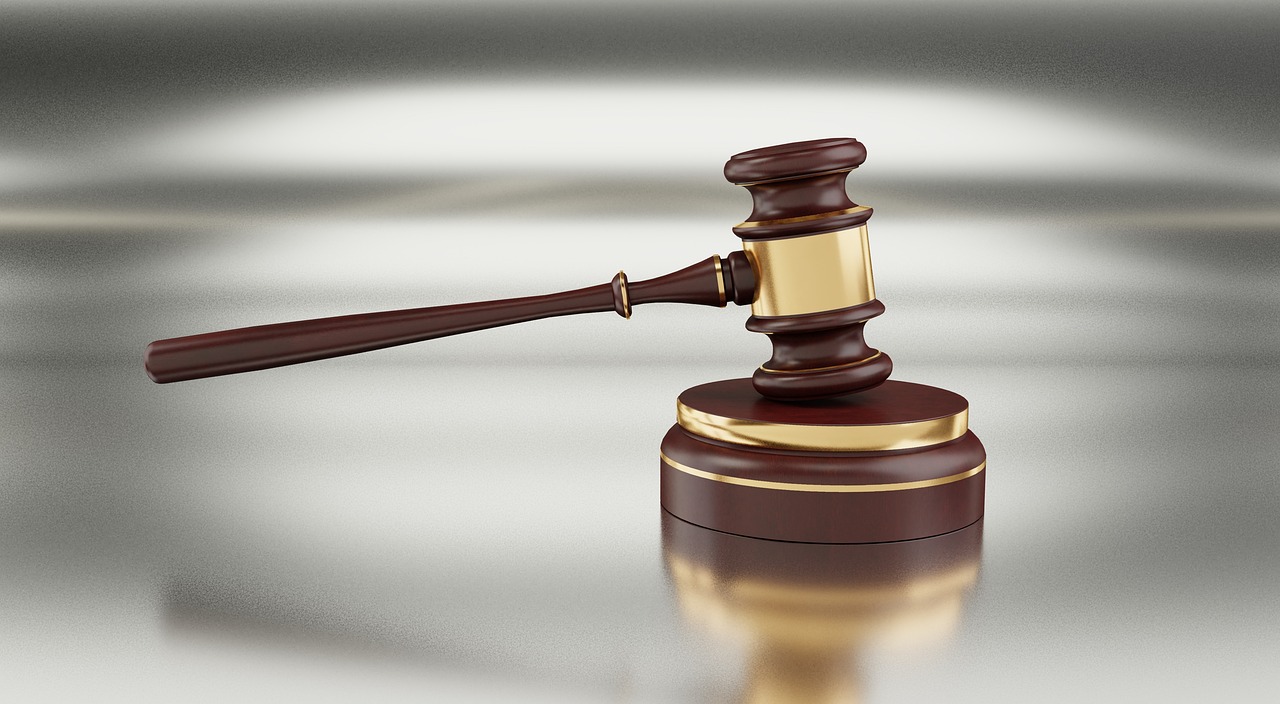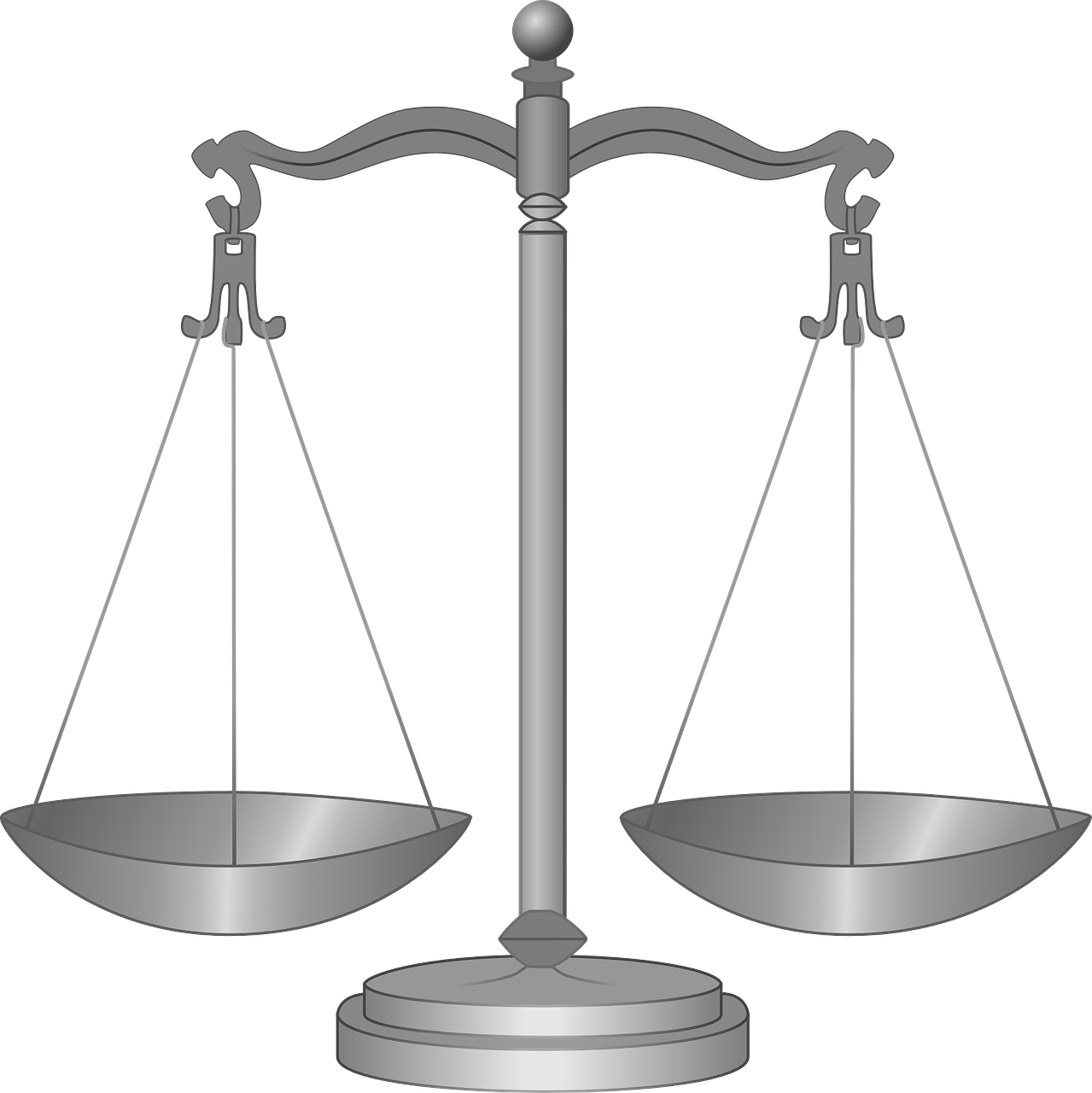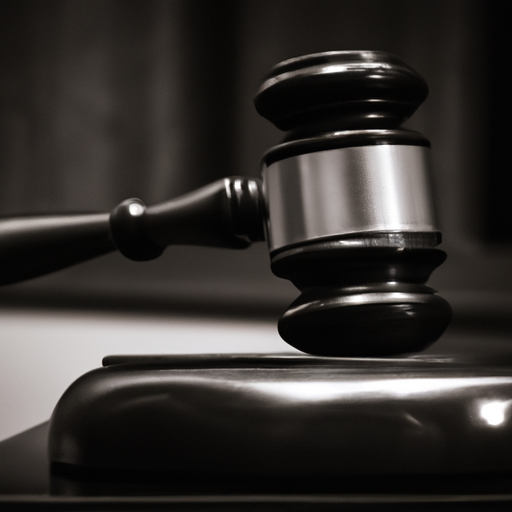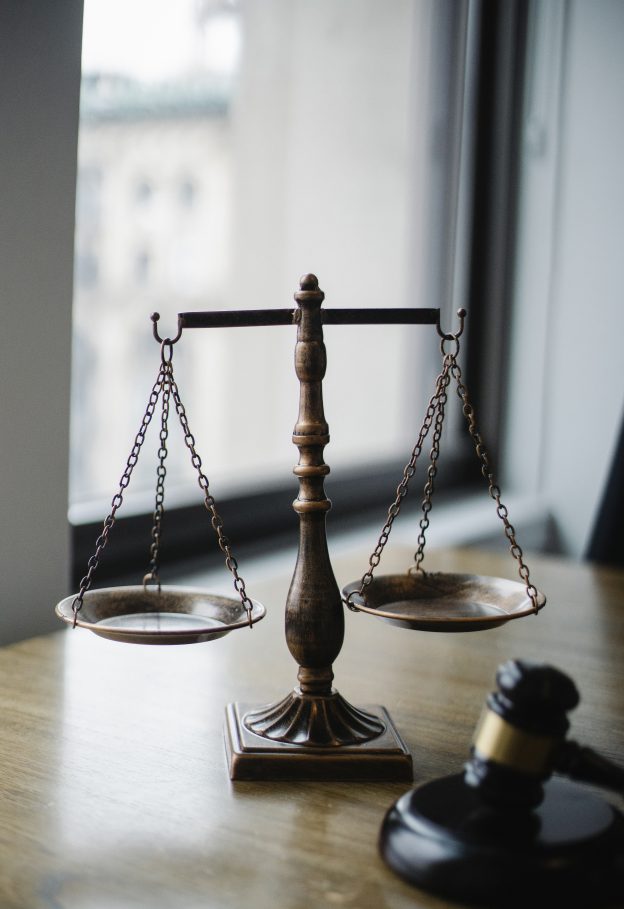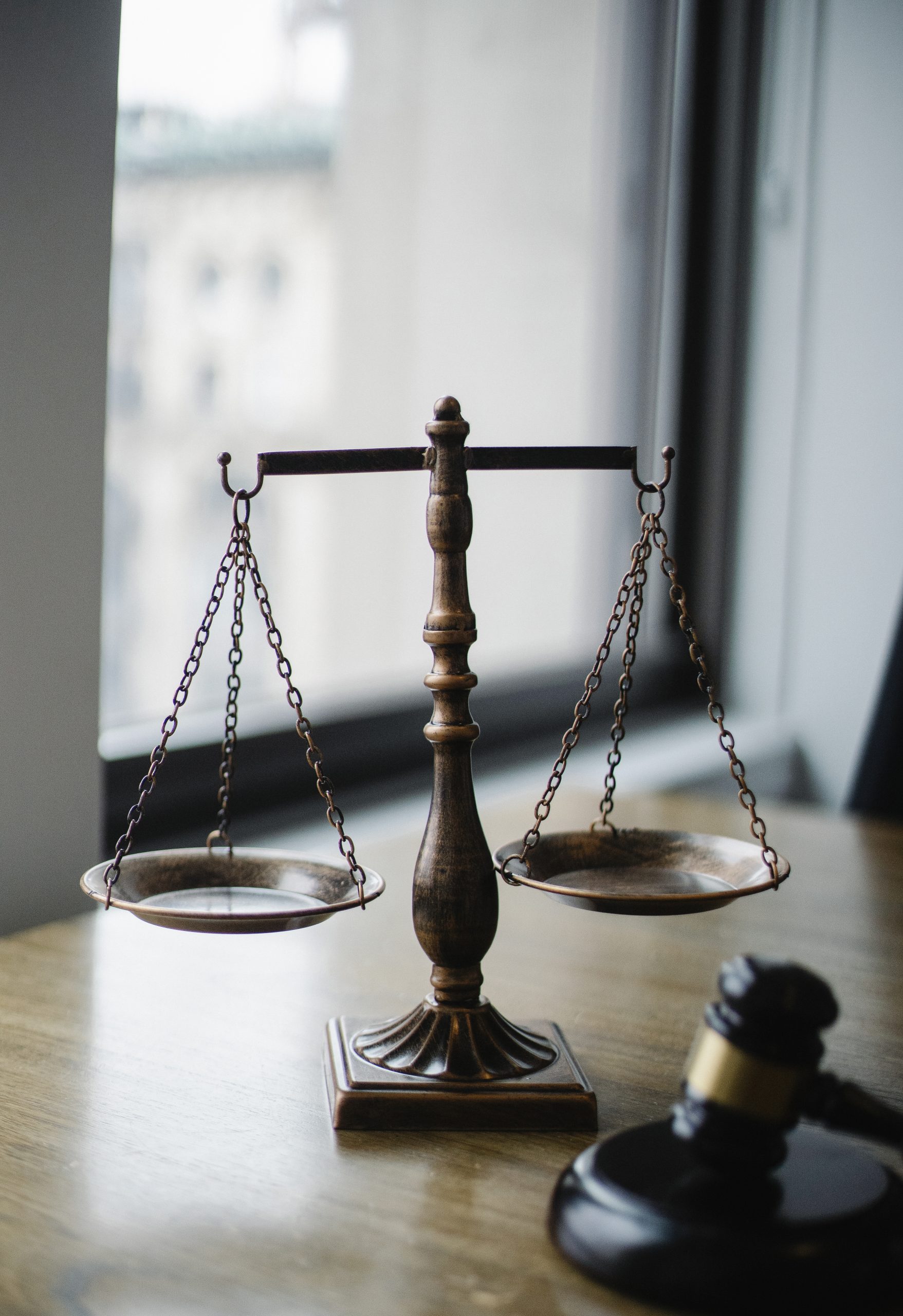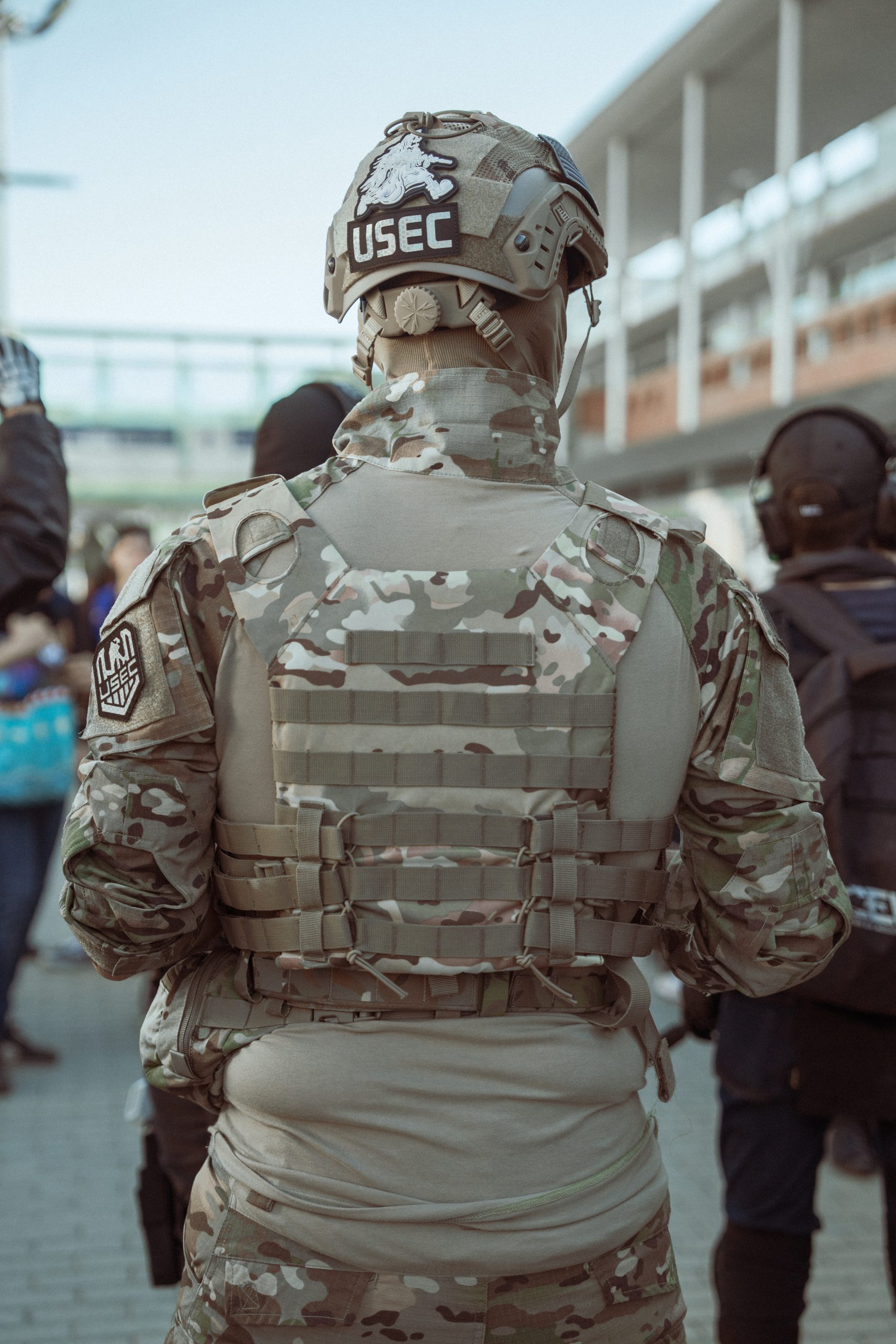In the realm of criminal law, a criminal defense plea plays a crucial role in presenting a compelling case for individuals facing criminal charges. A criminal defense plea serves as a powerful tool to protect the rights and interests of the accused, striving for a fair and just outcome. By understanding the nuances of the legal system and employing effective defense strategies, a skilled criminal defense attorney can navigate the complexities of the law while advocating for their clients’ best interests. With their expertise and experience, they provide guidance, reassurance, and unwavering support throughout the legal process. A criminal defense plea is not just a legal strategy; it is a lifeline for those in need of legal assistance when facing criminal charges.

Understanding Criminal Defense Pleas
A criminal defense plea refers to the defendant’s response to the charges brought against them in a criminal case. It is a formal statement made in court stating whether the defendant is guilty or not guilty of the alleged crimes. The plea serves as the defendant’s position and determines how the case will proceed.
Importance of a Criminal Defense Plea
The criminal defense plea is a critical aspect of the legal process. It allows the defendant to assert their innocence or take responsibility for their actions, affecting the overall outcome of the case. A carefully considered plea can have a significant impact on the penalties imposed, potential consequences, and the defendant’s future.
Different Types of Criminal Defense Pleas
There are several types of criminal defense pleas available to defendants. The choice of plea depends on the specific circumstances of the case and the defendant’s strategy. The most common types of criminal defense pleas include:
Not Guilty Plea
A not guilty plea is a declaration by the defendant that they did not commit the alleged crimes. By pleading not guilty, the defendant challenges the prosecution to prove their guilt beyond a reasonable doubt. This plea triggers a trial where the defense presents evidence to support the defendant’s innocence and challenge the prosecution’s case.
Guilty Plea
A guilty plea is an admission by the defendant that they are responsible for the crimes they have been charged with. By pleading guilty, the defendant accepts the consequences and waives their right to a trial. This plea often leads to a sentencing hearing, where the judge determines the appropriate penalties.
Alford Plea
An Alford plea is a unique type of plea where the defendant maintains their innocence but acknowledges that the prosecution has enough evidence to potentially convict them. By entering an Alford plea, the defendant accepts the plea agreement without explicitly admitting guilt. This plea allows the defendant to avoid the risk of a potentially harsher sentence if convicted at trial.
Nolo Contendere Plea
A nolo contendere plea, also known as a “no contest” plea, is when the defendant neither admits nor denies their guilt. By entering this plea, the defendant effectively admits that the facts presented by the prosecution are likely to result in a conviction. This plea has similar consequences to a guilty plea, but it cannot be used against the defendant in a civil trial.
Conditional Plea
In some cases, a defendant may choose to enter a conditional plea. This plea allows the defendant to plead guilty or no contest while reserving the right to appeal a specific issue related to the case. The conditional plea is typically used when the defense wants to challenge a legal or procedural issue before the case proceeds further.
Factors to Consider Before Making a Plea
Before making a criminal defense plea, there are several crucial factors that defendants and their attorneys should carefully consider. These factors can significantly impact the outcome of the case and the defendant’s future. They include:
Assessing the Strength of the Prosecution’s Case
One of the primary factors to consider is the strength of the prosecution’s case against the defendant. This involves evaluating the evidence, witness statements, and the overall credibility of the prosecution’s arguments. By assessing the strength of the case, the defense can determine the likelihood of a successful defense at trial.
Evaluating Potential Evidence Against the Defendant
An important step in the plea decision-making process is evaluating the potential evidence that the prosecution may present against the defendant. This includes examining witness statements, physical evidence, and any other information that could be used to prove the defendant’s guilt. By understanding the strength of the evidence, the defense can determine whether a plea is a more favorable option.
Analyzing the Potential Penalties and Consequences
Another crucial consideration is analyzing the potential penalties and consequences the defendant may face if convicted. This involves reviewing the applicable laws, sentencing guidelines, and any mandatory minimums that may apply. By understanding the potential consequences, the defense can weigh the risks and benefits of going to trial versus accepting a plea agreement.
Considering the Defendant’s Criminal History
The defendant’s criminal history is an essential factor to consider when making a plea decision. A prior criminal record can have a significant impact on the potential penalties imposed if the defendant is convicted. Additionally, a repeat offender may face harsher consequences or limited options for a plea agreement. Understanding the defendant’s criminal history helps the defense develop a more strategic approach.

The Not Guilty Plea
Overview of a Not Guilty Plea
A not guilty plea is a defendant’s assertion that they are innocent of the charges brought against them. By entering a not guilty plea, the defendant challenges the prosecution to prove their guilt beyond a reasonable doubt. This plea is the foundation for a trial where the defendant presents evidence and arguments to convince the judge or jury of their innocence.
Presumption of Innocence
In the criminal justice system, every defendant is presumed innocent until proven guilty. By entering a not guilty plea, the defendant asserts their right to be presumed innocent and requires the prosecution to present sufficient evidence that establishes guilt. The burden of proof rests solely on the prosecution.
Challenging the Prosecution’s Evidence
A not guilty plea allows the defense to challenge the prosecution’s evidence and arguments. Throughout the trial, the defense presents their own evidence, cross-examines the prosecution’s witnesses, and challenges the credibility of the prosecution’s case. This process aims to create reasonable doubt in the minds of the judge or jury, leading to an acquittal.
Presenting a Strong Defense
By pleading not guilty, the defendant has the opportunity to present a strong defense. This may involve presenting alibi witnesses, introducing expert testimony, or challenging the credibility of the prosecution’s witnesses. The defense works diligently to poke holes in the prosecution’s case and provide an alternative narrative that supports the defendant’s innocence.
The Guilty Plea
Explanation of a Guilty Plea
A guilty plea is when the defendant admits their guilt to the charged crimes. By entering a guilty plea, the defendant accepts responsibility for their actions and acknowledges that they committed the offenses as alleged by the prosecution. This plea eliminates the need for a trial and leads directly to a sentencing hearing.
Consequences of a Guilty Plea
When a defendant pleads guilty, they face immediate consequences. These consequences may include a conviction on their criminal record, potential incarceration, fines, probation, community service, and other penalties determined by the court. The specific consequences depend on the nature and severity of the crimes committed.
Benefits of Pleading Guilty
Pleading guilty can have certain benefits for the defendant. It may result in a more lenient sentence compared to what could be imposed after a trial. It can also save time, money, and emotional stress associated with a prolonged legal process. In some cases, cooperating with the prosecution by pleading guilty can lead to reduced charges or other favorable outcomes.
Negotiating a Favorable Plea Bargain
Pleading guilty opens the door to plea negotiations between the defense and the prosecution. Through these negotiations, the defense can work to secure a favorable plea bargain. This may involve negotiating reduced charges, lesser penalties, or alternative sentencing options. A skilled criminal defense attorney can advocate for the defendant’s best interests during these negotiations.
The Alford Plea
Understanding the Alford Plea
The Alford plea is a somewhat unique plea option for defendants. It allows the defendant to plead guilty while maintaining their innocence. By entering an Alford plea, the defendant acknowledges that the evidence presented by the prosecution could potentially lead to a conviction, even though they assert their innocence.
Maintaining Innocence While Accepting Guilt
The Alford plea allows defendants to accept a plea agreement without explicitly admitting guilt. This can be a strategic decision when the defendant believes that the evidence against them is strong, and the potential penalties if convicted at trial are significant. It offers a middle ground between pleading guilty and proceeding to trial.
Legal Requirements for an Alford Plea
To enter an Alford plea, the defendant must satisfy certain legal requirements. The court must determine that the plea is voluntary, that the defendant understands the consequences, and that there is a factual basis for the plea. Additionally, the prosecution must consent to the acceptance of an Alford plea in many jurisdictions.
Pros and Cons of an Alford Plea
An Alford plea has both advantages and disadvantages for defendants. On one hand, it allows them to potentially avoid a more severe sentence that could result from a conviction at trial. However, accepting an Alford plea means accepting a criminal record and potential future restrictions, even when maintaining their innocence. Each case is unique, and the decision to enter an Alford plea should be carefully considered with the guidance of a qualified criminal defense attorney.
The Nolo Contendere Plea
Definition and Purpose of a Nolo Contendere Plea
A nolo contendere plea, also known as a “no contest” plea, is when the defendant neither admits nor denies the charges brought against them. It is a plea that does not contest the charges but accepts whatever punishment or consequences the court imposes. The purpose of a nolo contendere plea is to resolve the case without admitting guilt or liability.
Legal Implications of a Nolo Contendere Plea
In terms of legal implications, a nolo contendere plea is similar to a guilty plea. The defendant is treated as if they had admitted guilt, and the court proceeds with the sentencing phase accordingly. However, unlike a guilty plea, a nolo contendere plea cannot be used against the defendant in a subsequent civil trial.
Differences between a Guilty Plea and a Nolo Contendere Plea
The primary difference between a guilty plea and a nolo contendere plea is the defendant’s admission of guilt. While a guilty plea explicitly admits guilt, a nolo contendere plea does not. This can be beneficial in situations where the defendant wants to resolve the case but is concerned about potential civil liability or repercussions. Additionally, some jurisdictions treat these pleas differently when it comes to sentencing.

The Conditional Plea
Explanation of a Conditional Plea
A conditional plea is a plea entered by the defendant that allows them to plead guilty or no contest while reserving their right to appeal a specific issue related to the case. It is a plea made with certain conditions or restrictions, typically to address a legal or procedural issue before the case proceeds further.
When and Why to Consider a Conditional Plea
A conditional plea is typically considered when the defense wants to challenge a particular issue in the case but prefers to resolve it through negotiation rather than risk a trial. This plea allows the defendant to avoid the potential consequences of a trial while pursuing their legal arguments on a specific matter. It can be a strategic decision to address a significant issue without sacrificing the opportunity for appeal.
Requirements and Limitations of a Conditional Plea
To enter a conditional plea, certain requirements must be met. The court must agree to accept the plea, and both the defense and prosecution must reach an agreement on the specific condition or issue to be appealed. It is important to note that conditional pleas have limitations, and not all jurisdictions permit them in every situation. Consulting with an experienced criminal defense attorney is crucial to navigate the specific rules and requirements.
Possible Outcomes of a Conditional Plea
The possible outcomes of a conditional plea depend on the specific conditions and the court’s decision. If the court accepts the plea, the defendant can proceed with the appeal on the agreed-upon issue. The potential outcomes include having the conviction overturned, the case dismissed, or a new trial ordered. However, it is essential to understand that there is no guarantee of a successful appeal, and the ultimate result depends on various factors.
Consulting with a Criminal Defense Attorney
Importance of Seeking Legal Counsel
When facing criminal charges, it is crucial to seek legal counsel from a skilled criminal defense attorney. An attorney with expertise in criminal law can provide invaluable guidance and representation throughout the entire legal process. They have the knowledge and experience to assess the strength of the prosecution’s case, analyze potential defenses, and guide defendants in making informed decisions about pleas and potential outcomes.
Factors to Consider When Choosing a Criminal Defense Attorney
Choosing the right criminal defense attorney is a critical decision. When selecting an attorney, consider their experience, expertise in criminal law, track record of successful outcomes, and their familiarity with local courts and procedures. It is also important to have open and clear communication with the attorney, as trust and a good working relationship are vital during the legal process.
Initial Consultation Process
During the initial consultation with a criminal defense attorney, it is an opportunity to discuss the specifics of the case, share any relevant information or evidence, and ask questions. The attorney will assess the case, provide an evaluation of the potential outcomes, and assist in determining the best course of action, including potential pleas or defenses. The initial consultation is an important step in building a strong defense strategy.
How a Criminal Defense Attorney Can Help with Plea Negotiations
A criminal defense attorney plays a crucial role in plea negotiations. They will advocate for their client’s best interests, protecting their rights and ensuring a fair outcome. The attorney will carefully review the evidence, assess potential defenses, and analyze the strengths and weaknesses of the prosecution’s case. They will leverage their negotiation skills and legal knowledge to work towards a favorable plea agreement that minimizes the potential consequences for the defendant.
Frequently Asked Questions (FAQs) About Criminal Defense Pleas
Can I change my plea after it has been entered?
In most cases, changing a plea after it has been entered is challenging. However, depending on the circumstances and the stage of the case, it may be possible to change a plea with the court’s approval. It is crucial to consult with an experienced criminal defense attorney to explore the options and understand the potential consequences of changing a plea.
Will a guilty plea always result in a conviction?
While entering a guilty plea is an admission of guilt, it does not guarantee a conviction. The court must still determine that the plea is voluntary and supported by a factual basis. A skilled defense attorney can advocate for reduced charges, lesser penalties, or alternative sentencing options even after a guilty plea has been entered.
What are the consequences of accepting a plea bargain?
The consequences of accepting a plea bargain depend on the specific terms of the agreement and the nature of the charges. Generally, accepting a plea bargain can result in reduced charges, lesser penalties, or alternative sentencing options. However, there may still be consequences such as fines, probation, community service, or other court-ordered requirements. Consulting with a criminal defense attorney is crucial to fully understand the potential consequences of a plea bargain.
What should I do if I am innocent but considering a guilty plea?
If you believe you are innocent but are considering a guilty plea, it is essential to consult with a criminal defense attorney immediately. A skilled attorney can thoroughly review the evidence, assess potential defenses, and advise you on the best course of action. They may be able to uncover new evidence, identify flaws in the prosecution’s case, or develop a strong defense strategy to prove your innocence.
How long does the plea bargaining process typically take?
The duration of the plea bargaining process varies depending on the complexity of the case, the cooperation of the parties involved, and the court’s schedule. Some cases may be resolved through plea negotiations relatively quickly, while others may require more time and additional discussions. Consulting with a criminal defense attorney can provide more specific information about the timeline based on the unique circumstances of your case.
FAQs:
- Can I change my plea after it has been entered?
Changing your plea after it has been entered can be challenging, but it may be possible with the court’s approval. Consult with an attorney for guidance on the options and potential consequences.
- Will a guilty plea always result in a conviction?
While a guilty plea is an admission of guilt, a conviction is not guaranteed. The court must still ensure the plea was voluntary and supported by evidence. A defense attorney can advocate for reduced charges or penalties.
- What are the consequences of accepting a plea bargain?
The consequences of a plea bargain vary based on the agreement’s terms and charges involved. It can result in reduced charges, lesser penalties, or alternative sentencing options. Consult with an attorney to understand the specific consequences.
- What if I am innocent but considering a guilty plea?
If you believe you are innocent but considering a guilty plea, seek immediate legal counsel. An attorney can assess the evidence, develop a defense strategy, and advise you on the best course of action.
- How long does the plea bargaining process typically take?
The duration of the plea bargaining process varies depending on the case’s complexity, parties’ cooperation, and court schedule. Consult with an attorney to get a better estimate based on your specific circumstances.



